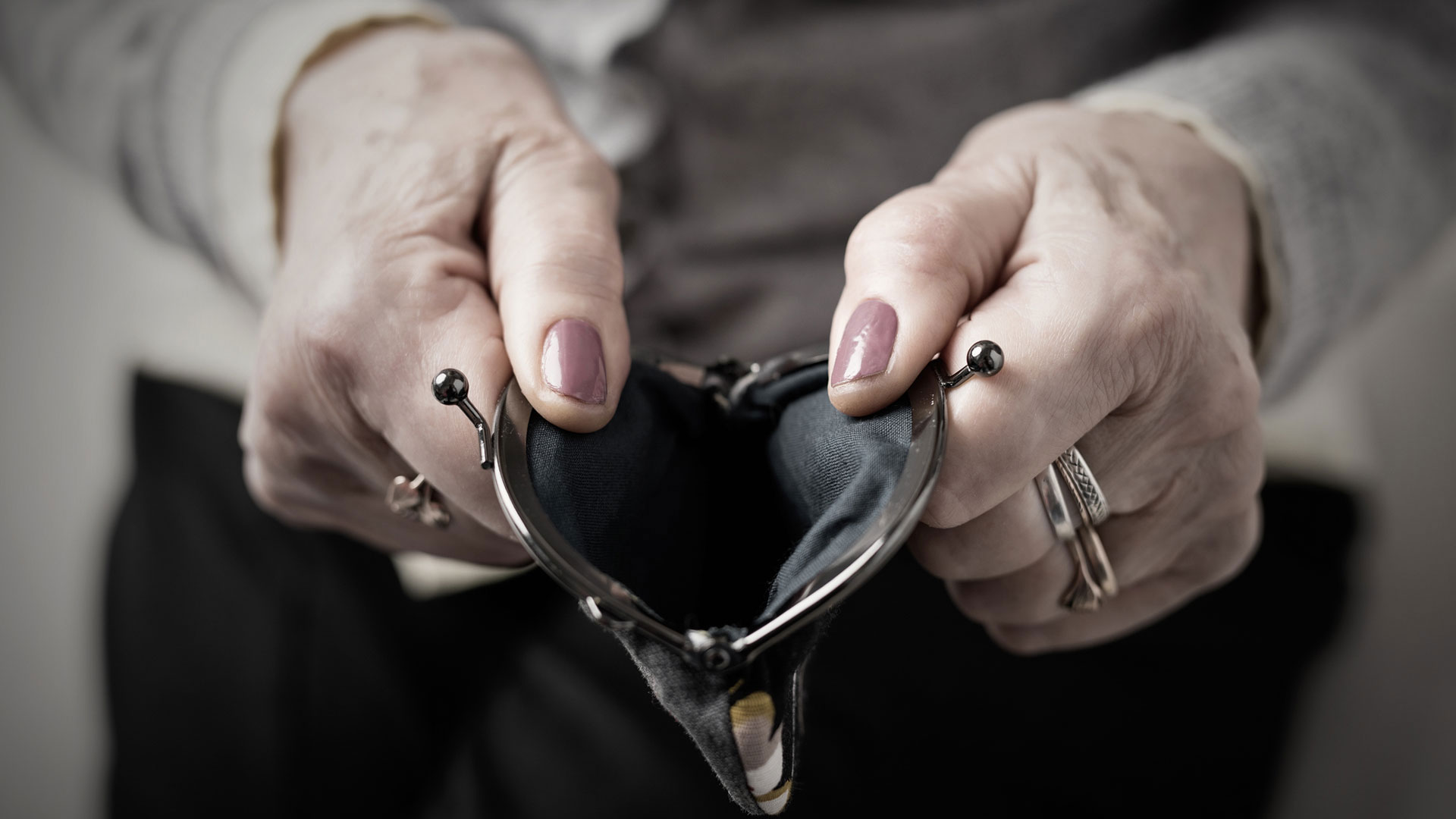The UK could be heading for a gap between rich and poor that is similar to the USA, warns the Institute of Fiscal Studies (IFS) as it launches a five-year review of inequality.
Only the United States, out of all the major economies, has wider income inequality than the UK and has seen average life expectancy fall for the last three years.
Stagnant wages and evidence of ‘deaths of despair’ – what the IFS terms as deaths from suicide and drug and alcohol abuse – in the UK have shown signs of rising.
Today we launch an ambitious 5-year project: the IFS Deaton Review of inequalities, funded by @NuffieldFound . "There is much to worry about" says Sir Angus Deaton, chair of the Review, in today's @FT #inequality https://t.co/gLATR3k8FJ
— Institute for Fiscal Studies (@TheIFS) May 14, 2019
That is why the IFS has launched the review, chaired by Nobel Laureate Professor Sir Angus Deaton, to analyse inequalities in income, wealth, health, social mobility, political participation and more as well as the reasons behind them and how to tackle them.
“I think that people getting rich is a good thing, especially when it brings prosperity to others,” said Sir Deaton. “But the other kind of getting rich, ‘taking’ rather than ‘making’, rent-seeking rather than creating, enriching the few at the expense of the many, taking the free out of free markets, is making a mockery of democracy. In that world, inequality and misery are intimate companions.”





